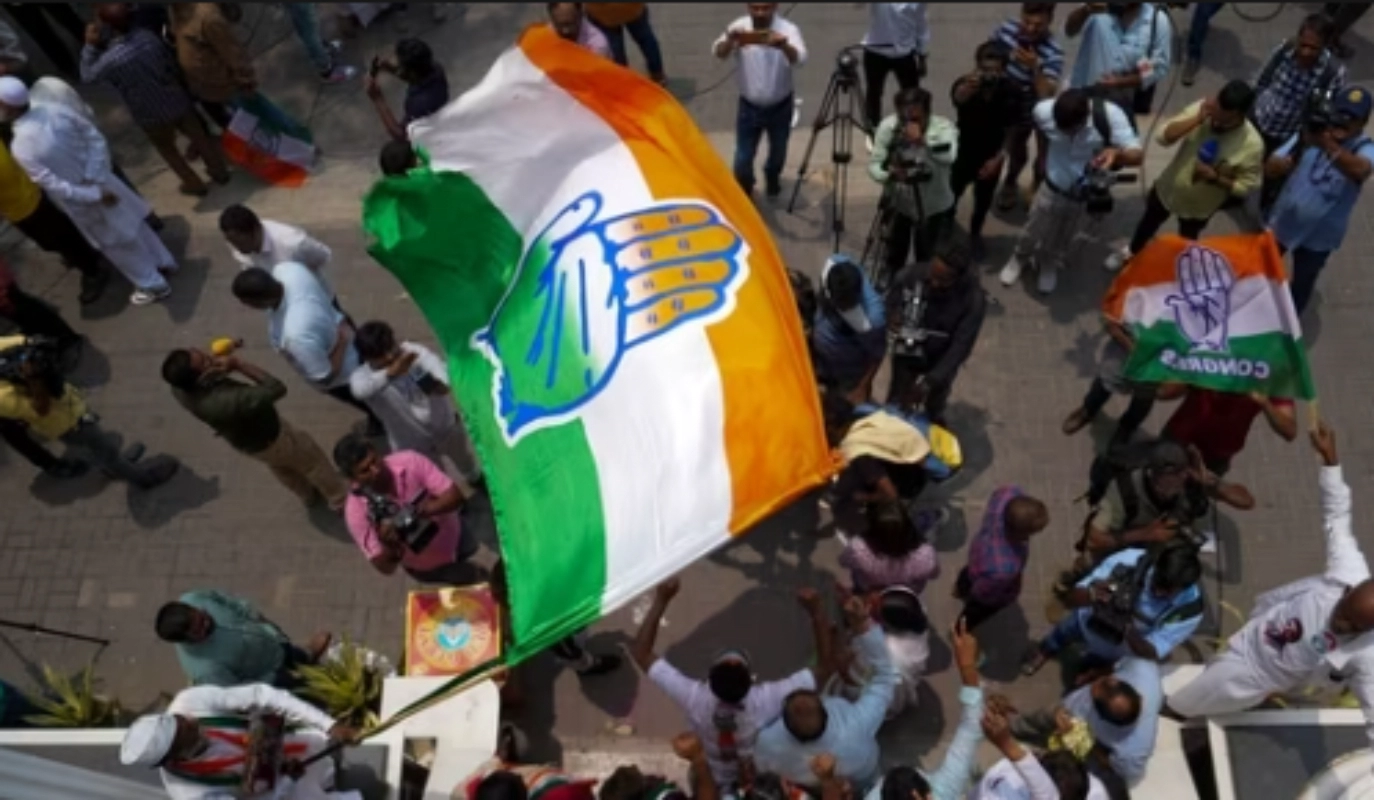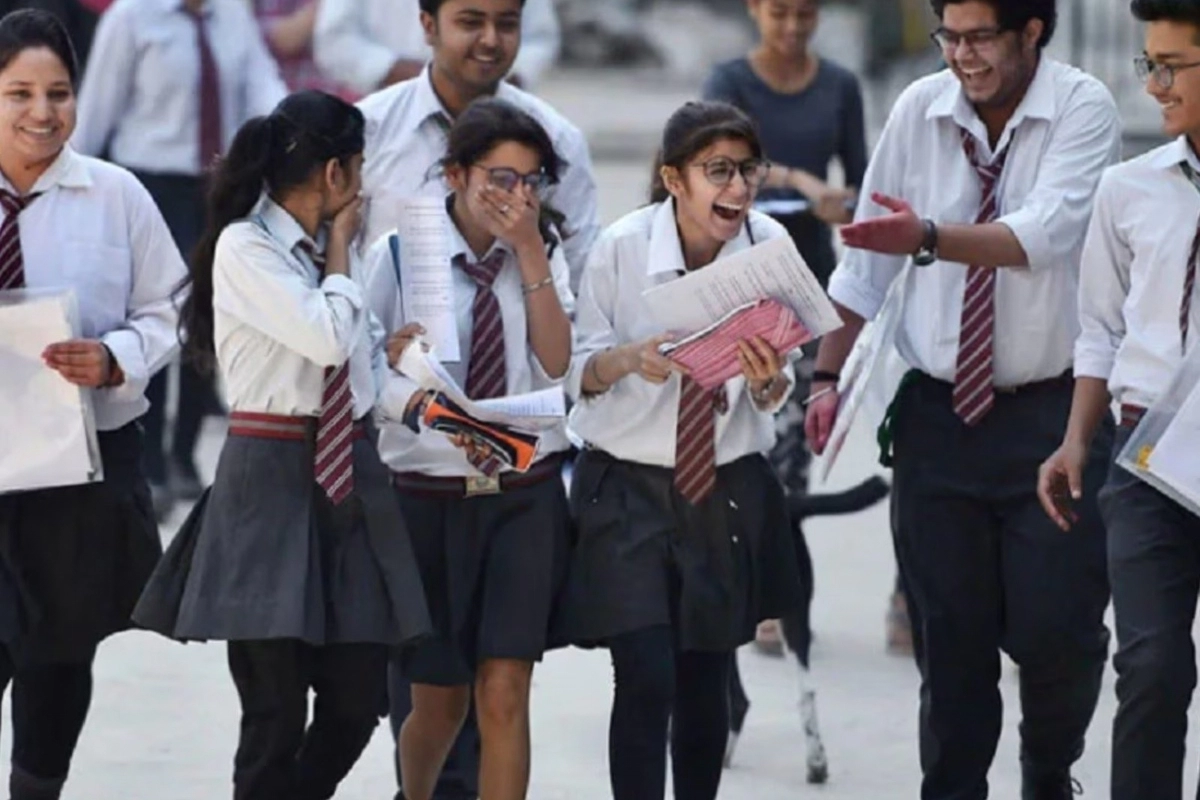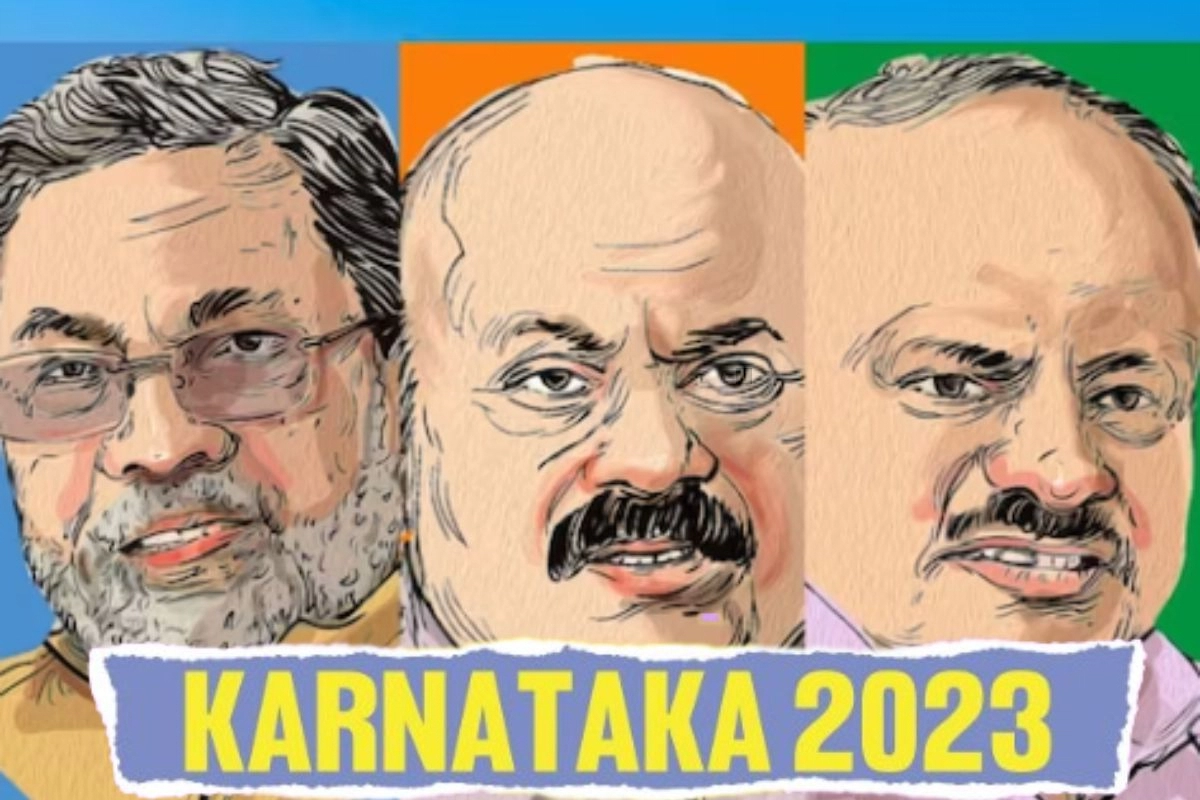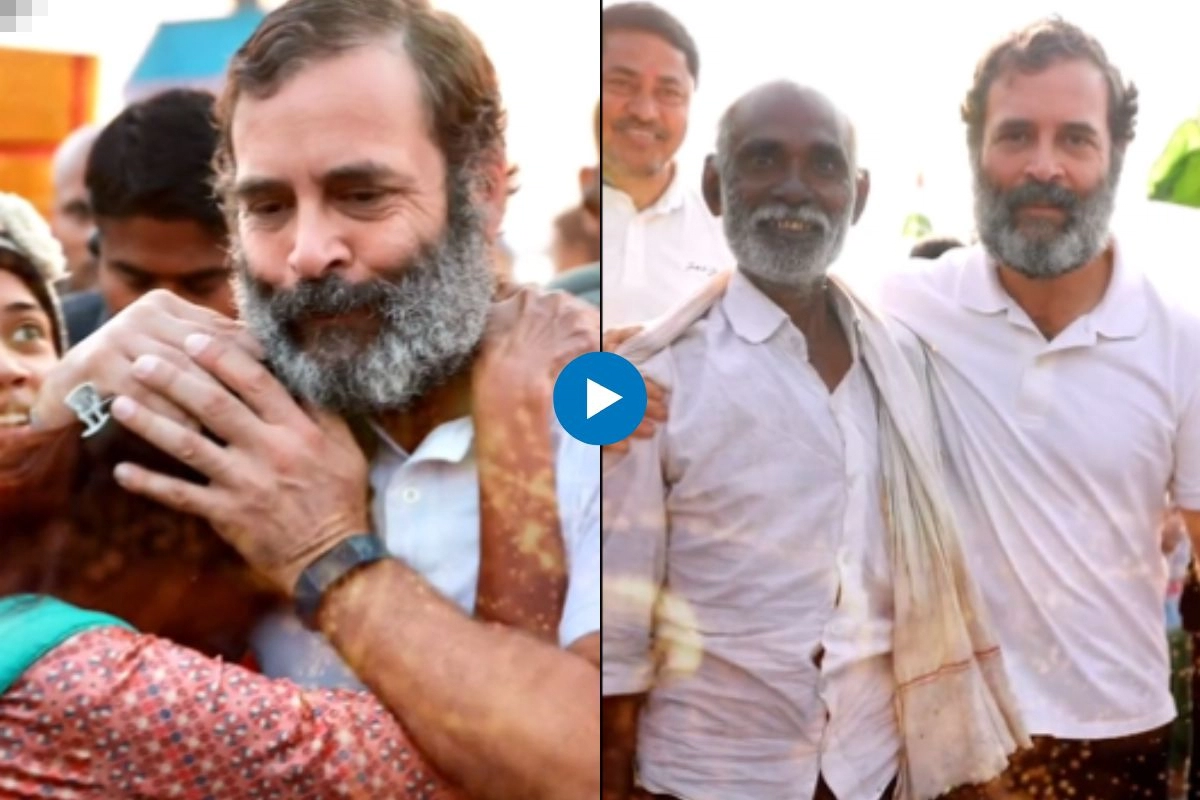Supreme Court: Sanjay Kumar Mishra, the head of the Enforcement Directorate, was granted a third extension of service on Monday, which the Centre supported in front of the Supreme Court. They claimed it was necessary because the Financial Action Task Force (FATF) is doing a peer review this year, and they also stated that he will retire in November.
Supreme Court Hears Challenges to Mishra’s Extension Amidst FATF Peer Review
A group of lawsuits challenging Mishra’s third extension and the legal change that increased the maximum term of an ED director to five years have been heard by a bench of Justices BR Gavai, Vikram Nath, and Sanjay Karol. “Disputes heard. Order is reserved,” the bench remarked as it gave the parties until Friday to submit their written arguments. “This officer is not some DGP of any state but an officer representing the country in a United Nations-like body and is in the middle of something,” said Solicitor General Tushar Mehta, speaking on behalf of the Centre. From November on, he won’t be there, and this court must refrain from interfering with his employment. He said that Mr. Mishra received an extension since the government is undergoing a FATF peer evaluation and there are specific rules that must be adhered to. FATF is a global organisation that monitors money laundering and terrorism financing. It establishes worldwide norms with the intention of stopping these criminal activities and the damage they do to society.
Must Read: Chinese diplomat expelled from Canada after criticising Canadian lawmaker, China retaliates
Bench Questions Government’s Timing and Reasoning Behind Mishra’s Extension
In the interest of the country, it was necessary for him to continue leading some significant investigations into money laundering. He is not necessary. After November 2023, this man will stop. Peer review will now take place in 2023 instead of 2019, as originally planned because of the COVID epidemic. In the nearly three-hour hearing, the bench questioned whether it was possible that the Enforcement Directorate wouldn’t function without one member. Mehta gave a negative response but added that leadership is important. The bench questioned Mehta about when the government learned about the FATF issue and why this information was not presented to the top court when it rendered its decision in 2021 regarding the ED director’s tenure. ‘Based on the record, it appears that the main argument made in court at the time was that this officer was in charge of a number of significant investigations and that his continuity was necessary to ensure the success of those investigations. Is the FATF point not a trifle?’ he questioned.
Legal experts criticize extensions and law changes regarding ED director tenure
Senior attorney KV Viswanathan, who is serving as the court’s amicus curiae in this case, stated that in his opinion, the law’s modifications and the officer’s extensions were both unlawful. Gopal Sankaranarayanan, a senior lawyer who was representing one of the petitioners, claimed that the ED is one of the institutions that looks into all kinds of issues in every state of the nation and that as a result, it must be sacred and free from interference from the ruling party. The Supreme Court declared in its 2021 decision that it had unequivocally held that any extension of tenure granted to officers holding the post of Director of Enforcement after they reached the age of superannuation should be for a brief period and had expressly stated that Mr. Mishra would not receive any further extensions.
Keep watching our YouTube Channel ‘DNP INDIA’. Also, please subscribe and follow us on FACEBOOK, INSTAGRAM, and TWITTER












